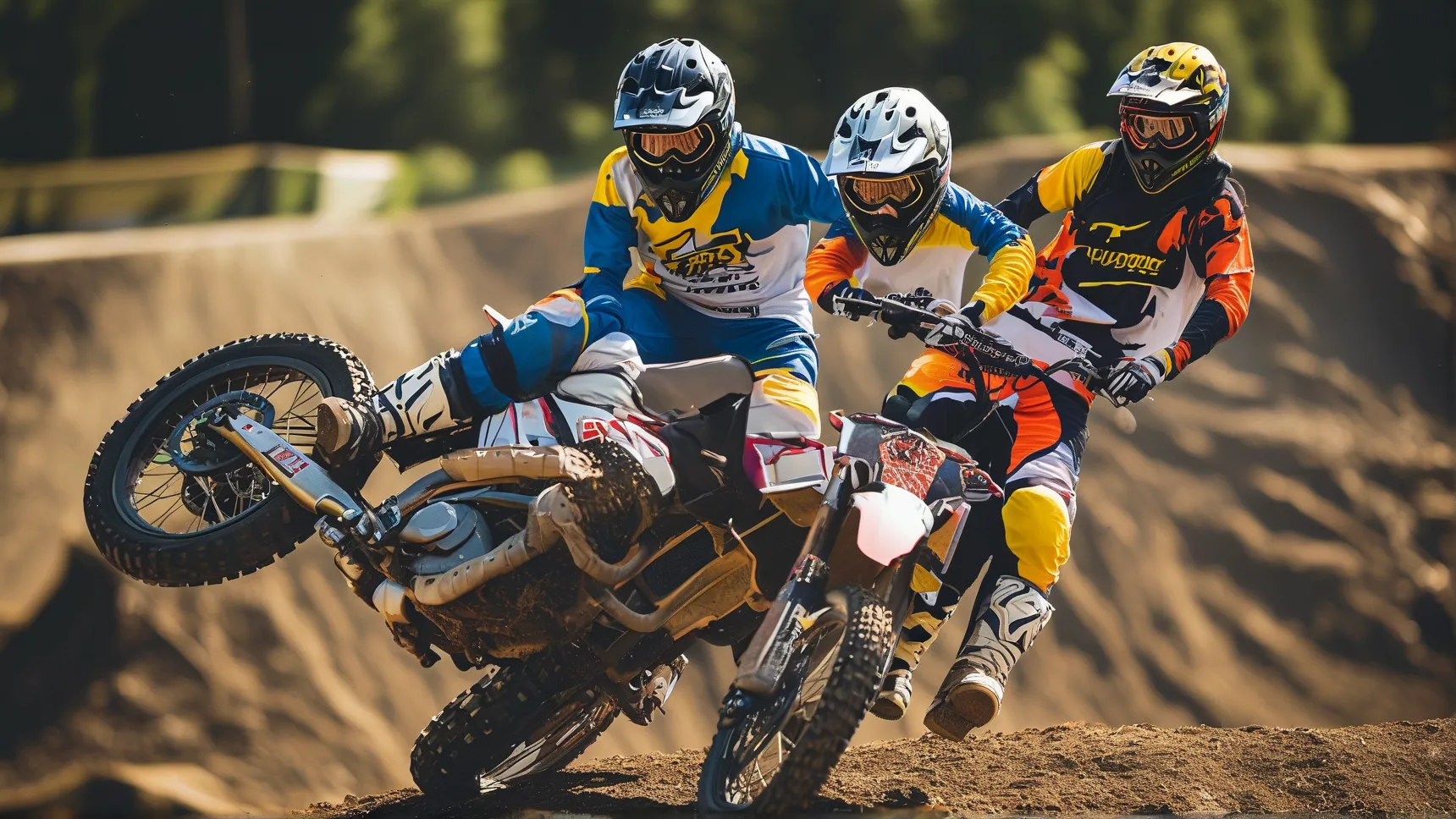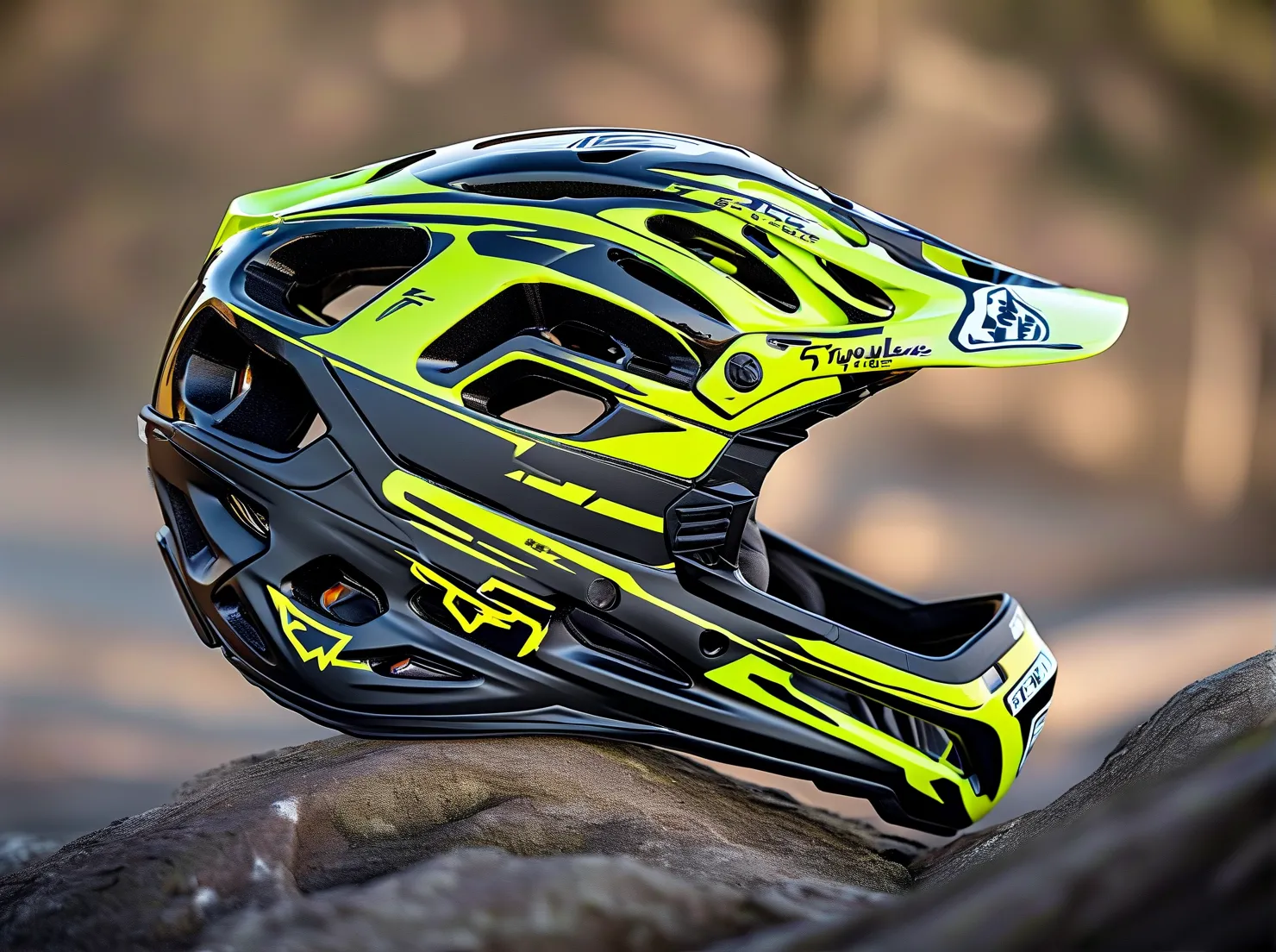Philadelphia Racing Products FAQ: Your High-Performance Auto Parts & Gear Questions Answered
When building or upgrading a performance vehicle, every decision impacts speed, durability, and safety. Philadelphia Racing Products (PRP) has been a trusted name in motorsports since 1989, and we’ve compiled answers to the most common questions our customers ask about high-performance auto parts. Let’s dive straight into the top concerns racers and enthusiasts face.
What Makes PRP Parts Different From Other Brands?
PRP components undergo rigorous testing at our in-house R&D facility near Pocono Raceway, where engineers simulate extreme track conditions. Our forged connecting rods, for example, withstand 25% higher tensile stress than SAE J1394 standards require. This commitment to exceeding industry benchmarks ensures parts like our Pro Series camshafts deliver consistent performance under 8,000+ RPM loads.
Key advantages:
– Track-proven designs: Used by NHRA Top Fuel teams since 2003
– Material traceability: All billet aluminum sourced from AS9100-certified foundries
– Dynamic balancing: Crankshafts balanced to within 0.5 gram-inch tolerance
How Do I Choose Between Cast vs. Forged Pistons?
The piston debate boils down to application:
| Cast Pistons | Forged Pistons |
|---|---|
| Ideal for street builds | Mandatory for forced induction |
| Cost-effective | 40% higher thermal resistance |
| Tolerates occasional detonation | Handles 1,200+ HP reliably |
PRP’s engineering team recommends forged pistons for any build exceeding 600 HP or using nitrous/procharger systems. Our 4032 alloy pistons show 18% less expansion than industry averages during dyno tests.
What Warranty Coverage Applies to Racing Components?
While most motorsport parts carry “no warranty” policies, PRP offers tiered protection:
- Street Performance Line: 2-year limited warranty (excludes racing use)
- Pro Drag Series: 90-day replacement guarantee for manufacturing defects
- Custom CNC Parts: Material certification + dimensional accuracy guarantee
Note: Proper installation by ASE-certified mechanics is required for coverage. Our technical support team provides free pre-installation checklists.
Can I Get Custom Fabricated Parts for Unique Builds?
Yes – PRP’s CNC machining division handles over 300 custom projects annually. Recent examples include:
– Billet dry-sump oil pumps for vintage Trans-Am restorations
– Offset rocker arms accommodating LS-swapped Miatas
– Turbo manifolds with integrated EGT sensor ports
Lead times range from 3-6 weeks depending on complexity. Submit CAD files through our secure portal for instant quoting.
How Important Is Regular Valve Spring Inspection?
Valve spring fatigue causes 23% of catastrophic engine failures in endurance racing (Source: SEMA 2023 Report). PRP recommends:
– Checking spring pressure every 50 passes (drag racing)
– Replacing springs every 10 hours (circle track)
– Using our patented Spring Sentry wireless monitor ($249) for real-time load data
Our Dual Spring Kits maintain seat pressure within 5% variance through 1 million cycles in independent lab tests.
What Oil Viscosity Works Best With High-RPM Engines?
PRP collaborated with Lubrication Engineers Inc. on a 12-month study revealing:
| RPM Range | Ideal Viscosity | Additive Package |
|---|---|---|
| 6,000-7,500 | 10W-40 | High zinc (1,800 ppm) |
| 7,500-9,000 | 15W-50 | Molybdenum disulfide |
| 9,000+ | 20W-60 | Ester-based synthetic |
Always cross-reference with bearing clearances – our online calculator accounts for rod/stroke ratios and oil temps.
Do You Offer Technical Support During Builds?
PRP’s Speed Hotline connects you directly to master engine builders:
– Free consultation: First 30 minutes on any PRP product installation
– Emergency track support: On-site assistance at all NHRA National Events
– 3D assembly guides: Augmented reality instructions via the PRP Racing App
Recent Case Study: A customer reduced turbo lag by 0.8 seconds using our turbine housing A/R ratio calculator during a consultation.
Final Checklist Before Purchasing Performance Parts
- Verify engine management system compatibility
- Confirm shop equipment meets torque specs (e.g., 250 ft-lb wrench for H-beam rods)
- Review fluid compatibility charts for seals/gaskets
- Schedule mock-up assembly if modifying OEM chassis
PRP maintains an inventory of over 15,000 SKUs ready for same-day shipping from our Pennsylvania warehouse. Need help finalizing your build sheet? Email [email protected] for personalized recommendations backed by dyno-proven results.




Leave a Reply